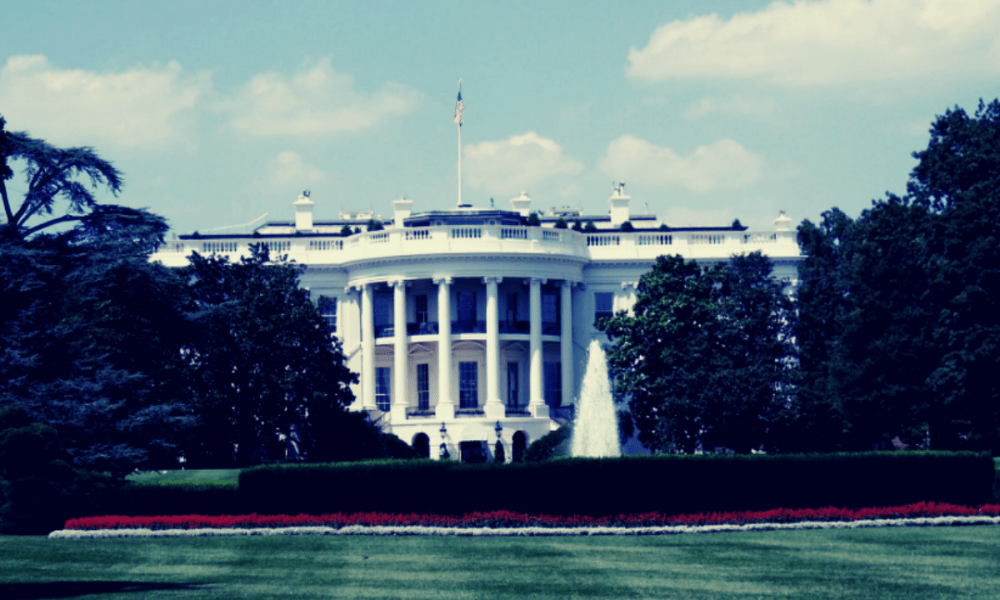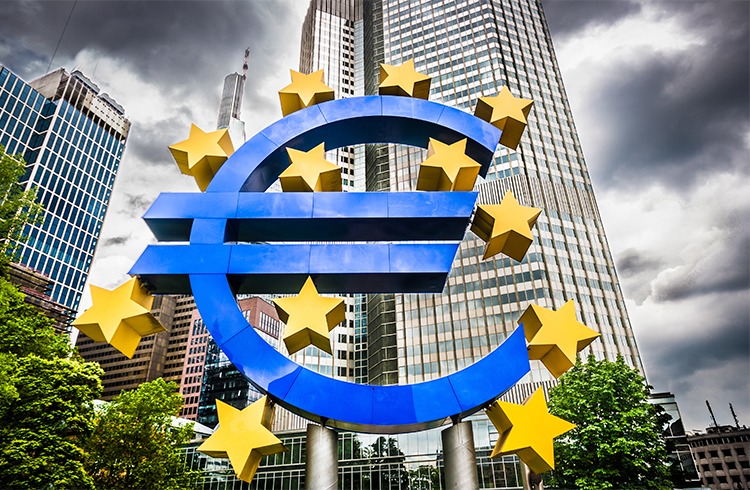Table of Contents
Sanctions against Russia in BTC space
In response to the war of aggression in Ukraine, the world community imposed tough sanctions on Russia. On March 2, the EU banned seven Russian banks from the international payment network SWIFT. Since then, there has been concern that Russia is using cryptocurrencies to evade sanctions. ECB boss Christin Lagarde therefore spoke out in favor of a rapid agreement on the European crypto law MiCA. On March 3, the South Korean BTC exchange froze Gopax russian accounts. IP addresses from the country should be blocked. Brian Armstrong, the CEO of Coinbase, meanwhile spoke out against blanket sanctions that would affect all Russians. “We believe everyone deserves access to basic financial services, unless the law says otherwise,” he said. The BTC Exchange binance announced their support.
SEC targets NFTs
The US Securities and Exchange Commission (SEC) is known for its crackdown on BTC space under its boss Gary Gensler. Reported with reference to anonymous sources Bloomberg on March 2nd that NFTs are increasingly in the focus of the regulator this year. As is so often the case, the SEC is concerned with the question of whether some NFTs should actually be regarded as securities. The focus is on so-called “fractional NFTs”. Here, a single NFT is split. These shares can then be resold.
The Seoul government is pushing into the Metaverse. South Korea’s Ministry of Information Technology, Science and Future Planning is mobilizing $186.7 million to build a comprehensive ecosystem there. Loud official announcement it goes with the project by name Expanded Virtual World to fuel the growth of digital content and related businesses. The envisaged virtual world should benefit industrial city growth, education and media offerings. Content creators will be supported in various ways. As part of a five-year strategy, South Korea wants to become one of the leading Metaverse nations. Meanwhile, the country still has some catching up to do when it comes to crypto regulation. Because NFTs in particular will be important for the Metaverse, the issuance of tokens is currently prohibited.
Israel seizes terror wallets
The Israeli government has struck another blow against terrorist financing. The Department of Defense confiscated 30 crypto wallets on February 28. They are said to be connected to the radical Islamic terrorist organization Hamas. Israel’s military and police also participated in the operation. The wallets were linked to 12 accounts belonging to a Gaza BTC exchange. The stock exchange was therefore declared a terrorist organization itself. According to the Defense Ministry, she helped Hamas’ military wing raise millions of dollars in funding. The exact amount of the confiscated funds is not known.
Lugano wants to make BTC a means of payment
The Swiss municipality of Lugano plans to recognize BTC, Tether and the regional token LVGA as de facto currencies. Mayor Michele Foletti announced plans in this regard at the Plan B crypto conference. All shops in Lugano should accept cryptocurrencies. Meanwhile, BTC is not becoming a legally recognized means of payment. Such a decision can only be made at the federal level. Citizens of the city can already pay their taxes in BTC.
EU: No BTC ban for the time being
The controversial BTC ban is off the table for now. Last week, the European Parliament included a blanket ban on energy-intensive proof-of-work services in the crypto regulation bill (Markets-in-Crypto-Assets or MiCA). But on February 28, the paragraph in question was initially deleted again. However, the ban is not completely off the table: the draft still has to be voted on. This was confirmed by EU parliamentarian Stefan Berger (CDU) when asked about BTC-ECHO. Berger had suspended the vote scheduled for February 28th. Because of the controversial proof-of-work ban, the majority of MPs spoke out in favor of a postponement. The draft law also caused heated debates in the BTC space.
TOP cryptocurrencies for staking with passive reward up to 80%
- Trump’s inauguration is approaching, but crypto promises may take a while - January 14, 2025
- Fidelity: 2025 will be the year of global Bitcoin adoption - January 14, 2025
- Ethereum: Inflation continues, but bulls continue to target $20,000 - January 14, 2025
























